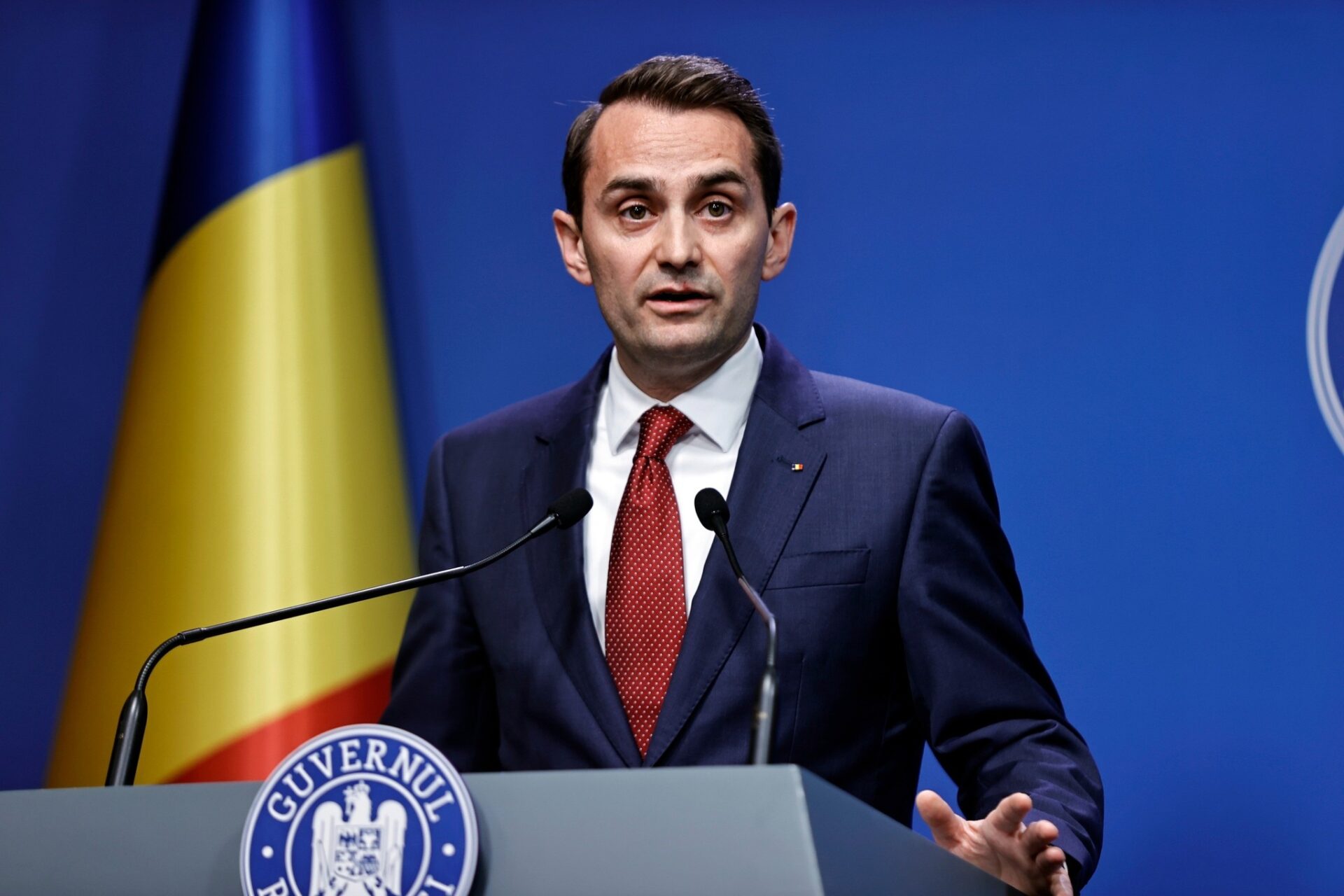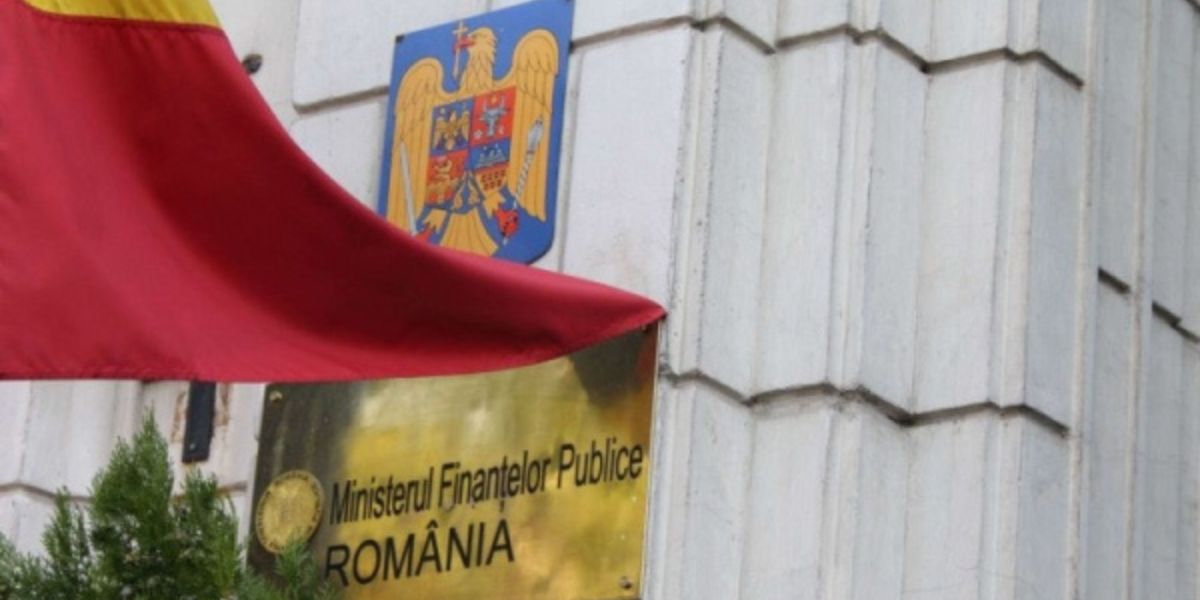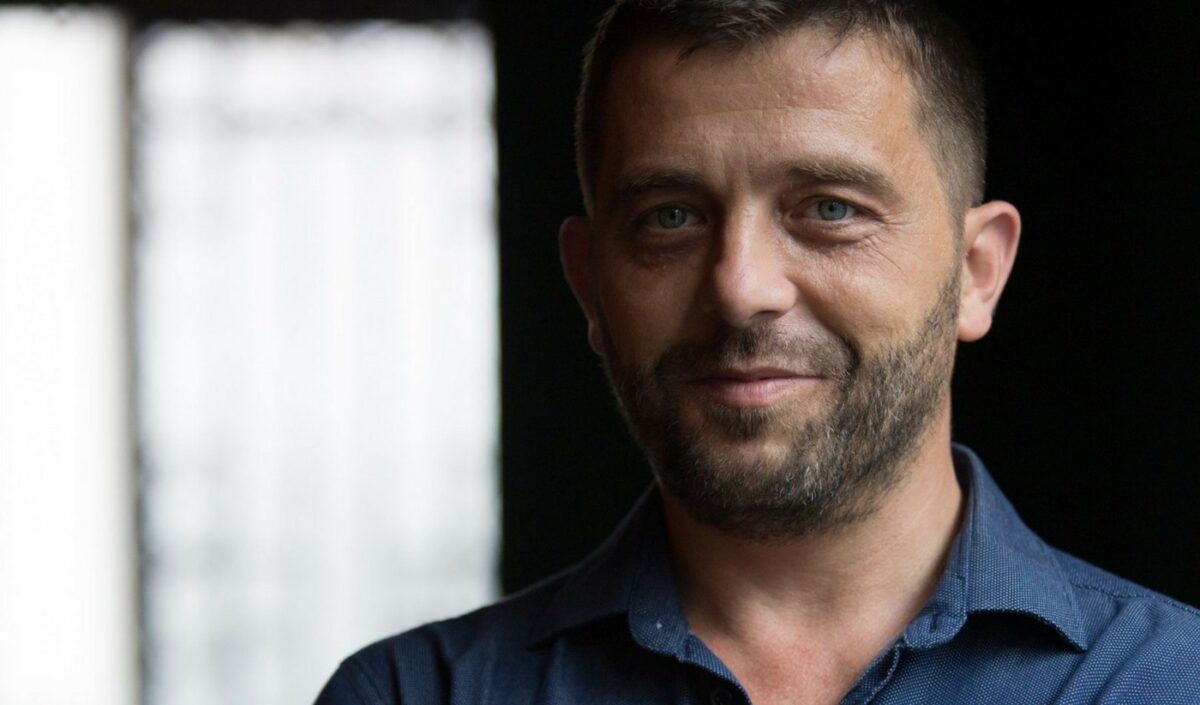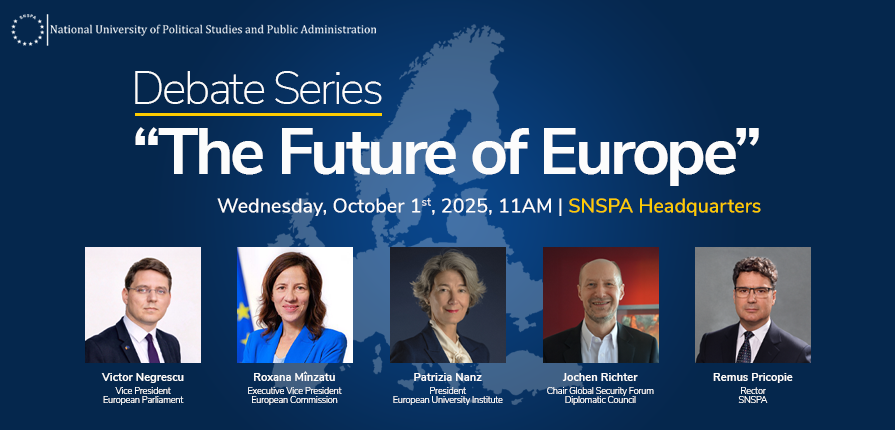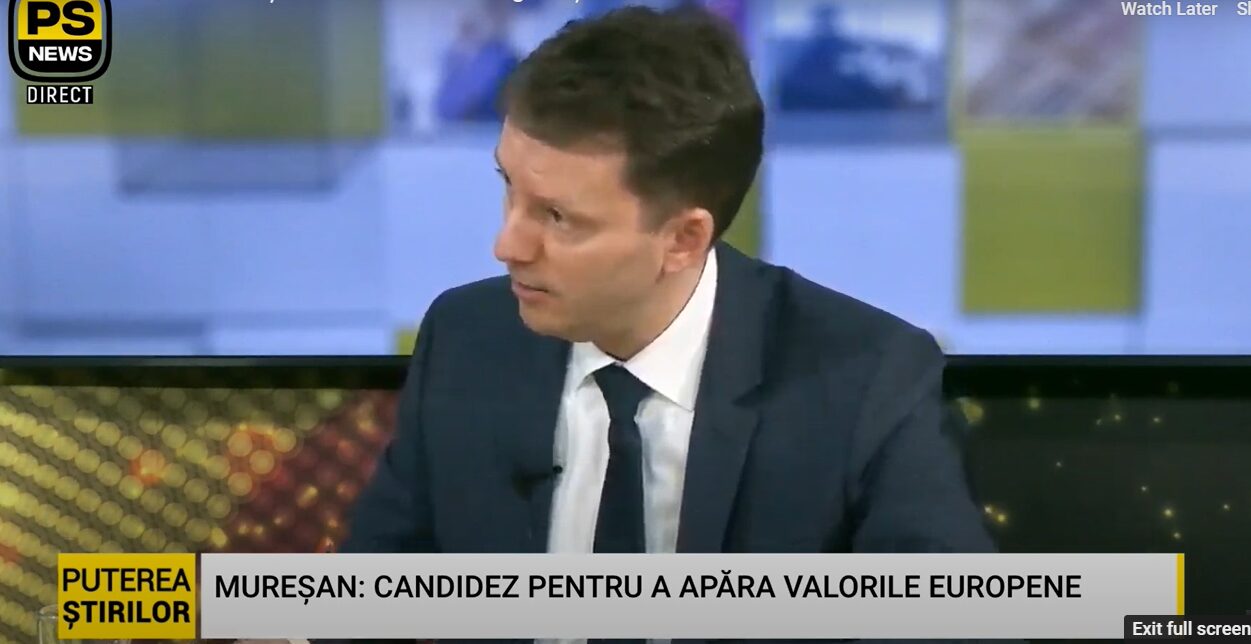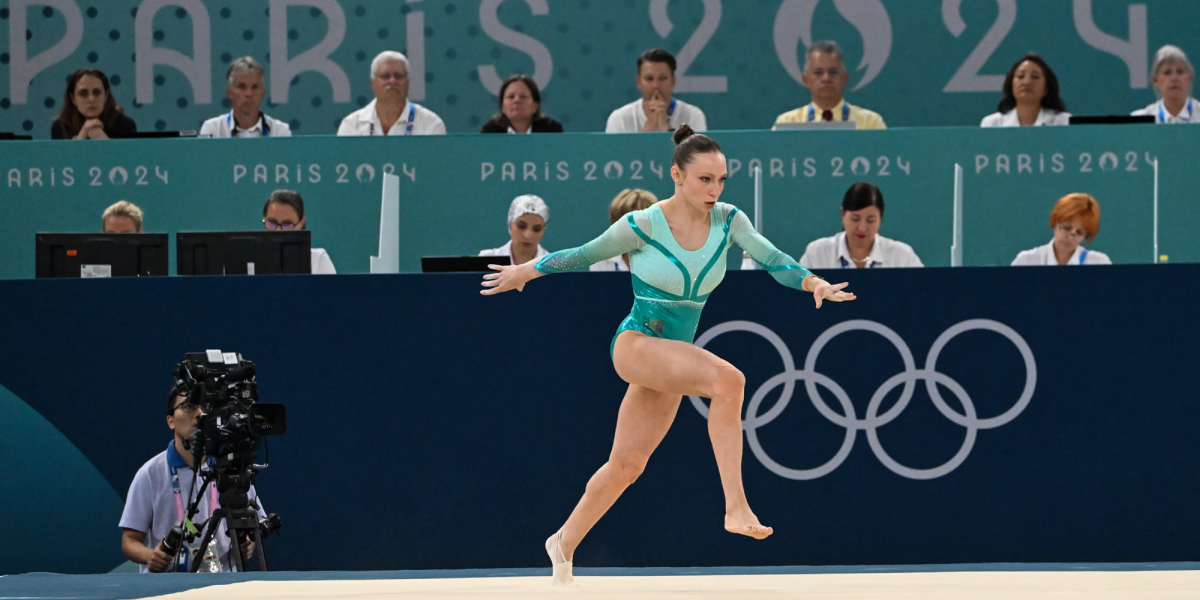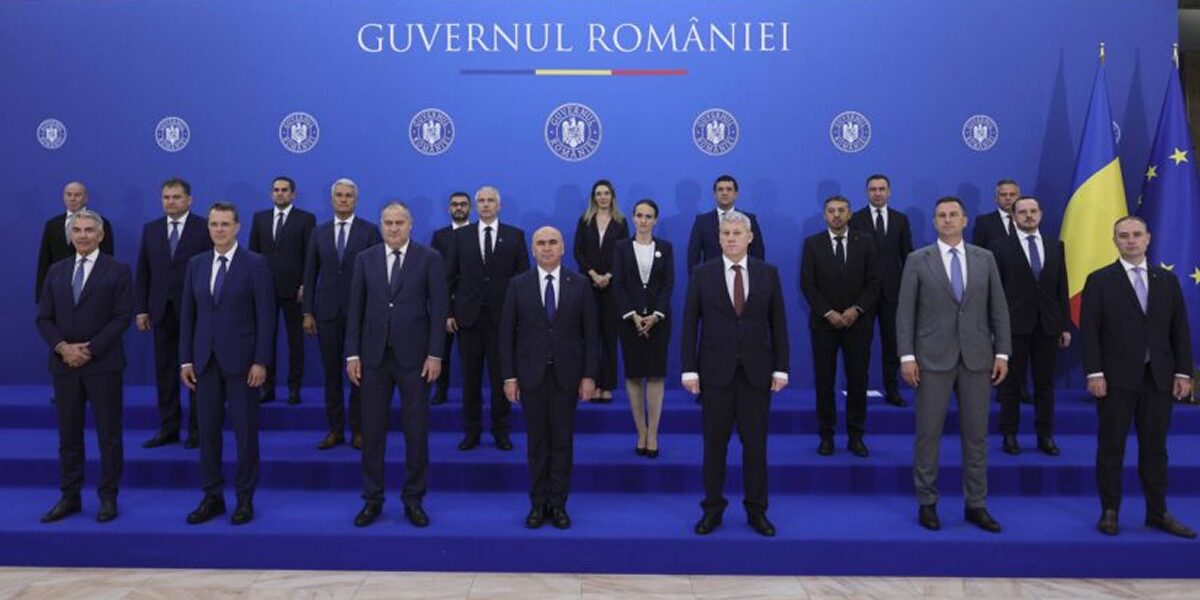Europe is in a period of transformation, where changes present both challenges and opportunities, making academic and civic dialogue essential. To mark the start of the new academic year, the National University of Political Studies and Public Administration (SNSPA) introduces the event series “The Future of Europe,” a debate platform designed to bring together international experts, political leaders, and academics to discuss the major changes occurring within the European Union.
The inaugural event will take place on Wednesday, October 1, 2025, at the SNSPA headquarters (30A Expoziției Blvd.), Room 804, starting at 11:00 AM. Participation is open to members of the SNSPA academic community, subject to the availability of seats. Please confirm your attendance by completing the online registration form, available here. For those unable to attend in person, the event will be streamed online on the official SNSPA Facebook page.
Notable guests include:
- Victor Negrescu, Vice President of the European Parliament, faculty member at the Department of International Relations and European Integration (SNSPA),
- Roxana Mînzatu, Executive Vice President of the European Commission, responsible for social rights, skills, quality jobs, and preparedness,
- Patrizia Nanz, President of the European University Institute in Florence,
- Jochen M. Richter, Executive Member of the think tank Diplomatic Council and Chairman of the Global Security Forum.
Moderator: Remus Pricopie, Rector of SNSPA
Europe faces a pivotal moment, challenged by complex transformations that are reshaping the Union’s priorities and future course. The very fundamentals of European democracy and the rule of law are being tested by rising populism, increasing societal polarization, and external pressures on fundamental rights. The ongoing conflict in Ukraine, along with a more assertive global stance, necessitates that Europe reassess its security and defense strategies, strengthen transatlantic partnerships, and enhance resilience against hybrid threats.
At the same time, the green and digital transitions—crucial for long-term sustainability and competitiveness—are causing significant economic and social changes, demanding policy innovation, workforce upskilling, and inclusive social policies. Migration pressures, demographic shifts, and the repercussions of events like Brexit continue to shape public debate and European integration. Meanwhile, the EU faces increased global competition from dynamic economies and shifting alliances.
In this context, civic engagement and participatory democracy are vital for renewing the Union’s legitimacy and ensuring its institutions respond effectively to citizens’ concerns. Education, especially higher education, will play a crucial role in developing new generations of European citizens who are prepared to meet these challenges. The labor market is evolving rapidly, and European policies must strike a balance between fostering innovation for increased competitiveness and maintaining social equity. Strengthening participatory democracy and solidarity among member states remains crucial for the future of Europe.
Building on these themes, debate participants will address key questions:
- How will Europe preserve its unity and global influence?
- What solutions can it develop for current crises?
- How can citizens be more actively involved in European decision-making?
- What role do education and higher education play in shaping the Union’s future?
- Is a strong European community possible without investment in education?
- How can the European labor market adapt to technological and demographic changes?
The “Future of Europe” debate series will be held throughout the 2025–2026 academic year, featuring prominent figures from European academic, political, and civic sectors, fostering dialogue and critical thinking at SNSPA.
Autor
Urmărește știrile PSNews.ro și pe Google News


